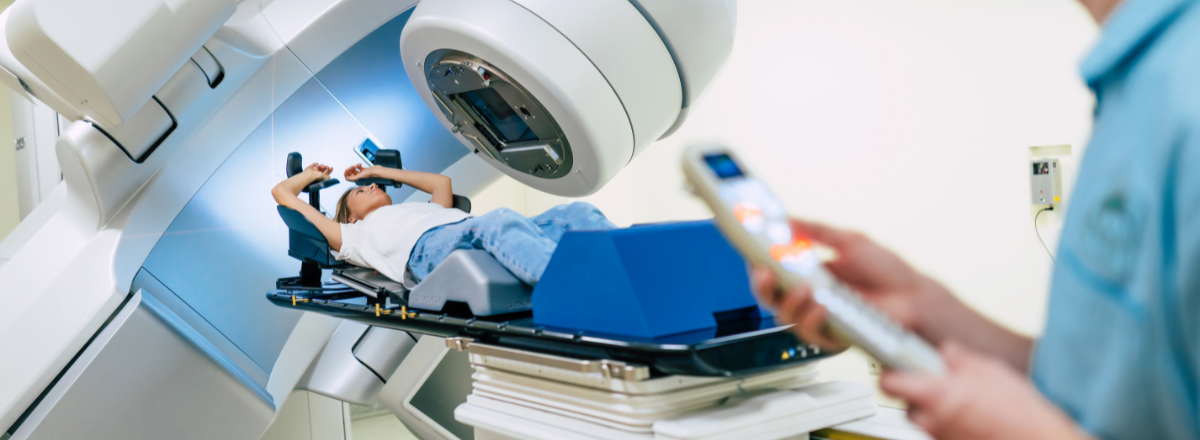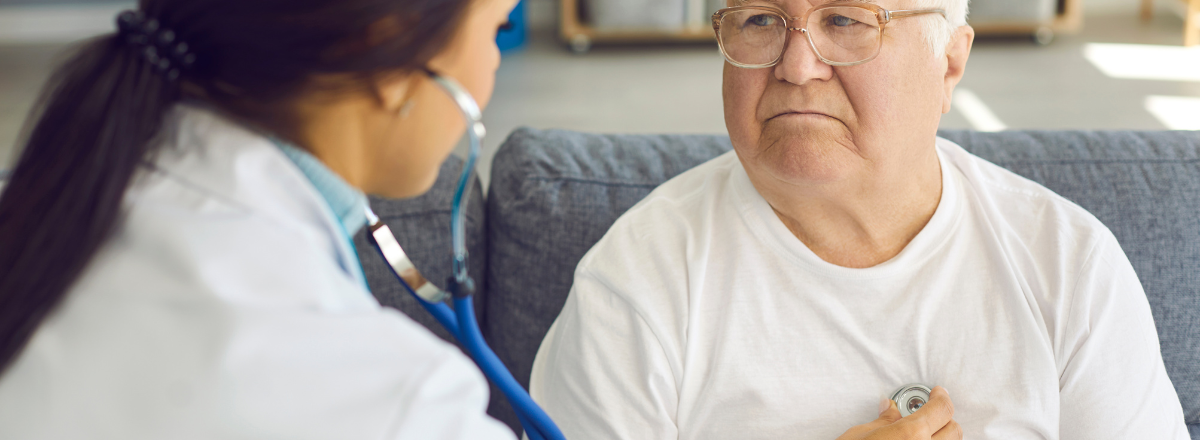The government has announced new plans to ban smoking completely in the UK. The proposed legislation will make it an offence for anyone born on or after 1 January 2009 to be sold tobacco products – effectively phasing out smoking in young people by the year 2040.
As we approach lung cancer awareness month (in November) it was a timely announcement. According to the NHS, ‘smoking cigarettes is the single biggest risk factor for lung cancer, responsible for more than 7 out of 10 cases.’
‘Lung cancer can affect non-smokers too but if we can get less people to start smoking we will dramatically reduce the number of cancer sufferers and deaths, freeing up NHS beds and appointments significantly, too, says ZoomDoc Chief Medical Officer and GP, Dr Kenny Livingstone.
So as we head into cough and cold season, make sure you know whether your cough (a common warning sign of lung cancer) is ‘just a cough’ or whether it might be something more serious – particularly if you’re a smoker. Here’s what to know and what to look out for.
How serious is lung cancer?

Lung cancer is one of the most common and serious types of cancer. More than 43,000 people are diagnosed with the condition every year in the UK.
Lung cancer is one of the deadliest types of cancers because symptoms (see below) don’t often appear until the cancer has spread, often making it harder to treat. This is why lung cancer has one of the worst cancer survival rates in the UK, according to Cancer Research UK. There is also no national screening programme in the UK available yet.
However, unlike other cancers, most cases of lung cancer are caused by smoking cigarettes and are therefore completely preventable.
‘Tobacco contains a number of toxic substances, which are known to be carcinogenic (cancer-producing). Cutting out cigarettes dramatically reduces your risk of lung cancer,’ says Dr Kenny.
Although it is commonly considered a smoker’s disease, one in eight people with lung cancer have never smoked (source: UK Lung Cancer Coalition).
Lung cancer can also be caused by:
- passive smoking
- smoking cannabis
- other tobacco products (cigars, pipes, chewing tobacco)
- exposure to certain chemicals and substances (asbestos, radon, arsenic, diesel fumes).
What are the signs and symptoms of lung cancer?

There are 2 main types of primary lung cancer. These are classified by the type of cells in which the cancer starts.
Lung cancer can develop without any early signs or symptoms so if you do notice any of these it’s important to get checked out as soon as possible.
According to the NHS, common signs of lung cancer include:
- a persistent cough
- coughing up blood
- persistent breathlessness
- unexplained tiredness and weight loss
- an ache or pain when breathing or coughing.
Coughs are common at this time of year and most will be viral and clear up within a few weeks but ‘if your cough is still there after 3 weeks or a long-standing cough gets worse, you should see your GP,’ says Dr Kenny.
‘Early diagnosis makes a big difference in terms of treatment and survival of this particular cancer,’ he adds.
Can vaping cause lung cancer?

E-cigarettes are not risk-free. We don’t yet know their long-term effects, so children and people who have never smoked shouldn’t use them.
Vapes are specifically designed to wean smokers off cigarettes. Although they still contain addictive nicotine, they contain no tobacco, the ingredient proven to cause damage to the lungs.
However, although you’re not inhaling tar or tobacco, which are proven to cause cancer, you are still inhaling chemicals.
‘There’s no evidence that vaping causes lung cancer, but the long-term risks are not yet clear,’ warns Dr Kenny.
Read more about the health effects of vaping.
Seeing your doctor for lung cancer
When you see your doctor you may need a blood test to rule out other causes, such as a chest infection.
You may then need further tests such as X-rays, CT scans and biopsies to diagnose and pinpoint the cancer before treatment (radiotherapy, chemotherapy or other therapies) can begin.
Get to a specialist sooner

Treatment for lung cancer is managed by a team of specialists from different departments who work together to provide the best possible treatment.
If you’re not getting to see a specialist as quickly as you’d like to and have private healthcare, speed things up with GP Referral service.
Simply order ZoomDoc’s GP Referral Letter and for £35 we’ll provide a same-day letter saving you one less trip to your doctor and a speedier trip to a specialist instead.

